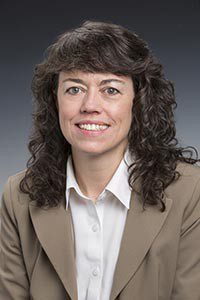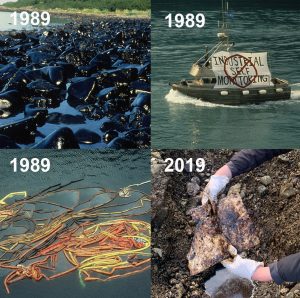By Donna Schantz
Executive Director
Public trust in our oil spill prevention and response system took many years to rebuild after the 1989 Exxon Valdez oil spill. It took a commitment to transparency, listening, and engaging stakeholders in developing and maintaining the system of safeguards for the Valdez Marine Terminal and associated tankers that we have today.

This system is now widely regarded as one of the best in the world. Strong State of Alaska statutes and regulations have supported this robust system. The lack of significant spills in Prince William Sound over the last 30 years indicates the effectiveness of industry meeting or exceeding regulatory requirements.
Trust in the system is at risk
Over the past few years, the Council has been seeing a steady erosion in regulatory oversight, staffing, funding, and coordination among many of the federal and state agencies responsible for enforcing strong laws and regulations. This alarming erosion has already started to reduce public trust in our prevention and response system.
In enacting the Oil Pollution Act of 1990, Congress determined that only when local citizens are involved in oil transport will the trust develop that is necessary to change the system from confrontation to consensus, and so the Act called for creation of citizen councils. Our Council is a unique partner for industry and regulators, giving them a platform to provide information, answer questions, listen to stakeholders, and cultivate the long-term relationships that are necessary to establish public trust.
